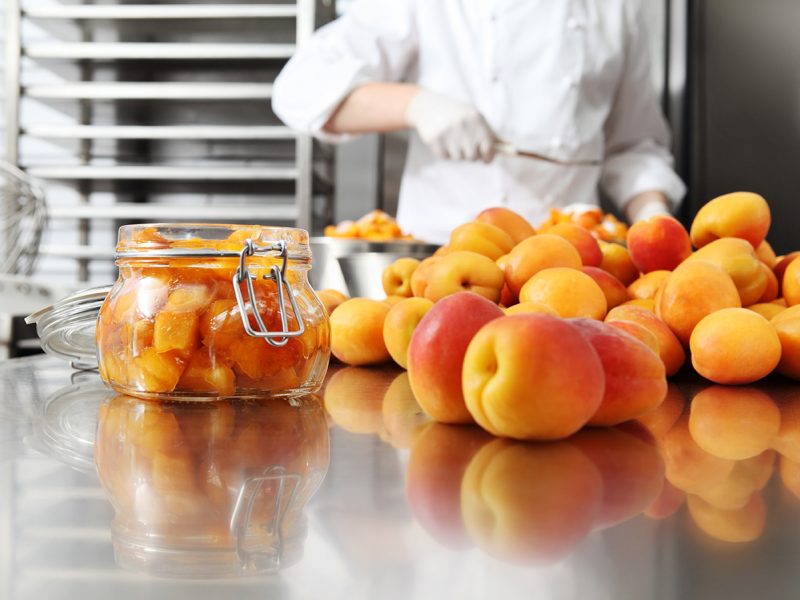Processing capacity is essential to local food security, bringing local production across the finish line onto the plates of consumers.
While the province’s agriculture ministry has invested in a food hub network, smaller initiatives are also afoot to support the crop and livestock producers.
On August 23, Hornby Island Farmland Trust Society was awarded a $626,750 rural development grant by the BC Ministry of Jobs, Economic Recovery and Innovation as part of the StrongerBC Economic Plan.
The funding will support construction of a food processing facility on 12 acres of land adjacent to the Donny Farris Community Farm and Garden
“The facility will have an outdoor food-washing area, large indoor food-processing worktables, freezer/cooler capacity, a loading dock for facilitating logistics in the truck transport of palletized foodstuffs and a small retail counter,” the province says.
The facility will incubate local food businesses as well as provide space to any of Hornby Island’s 1,225 residents who needs to clean, process, refrigerate, freeze and transport food products.
A few days earlier, the province also announced more than $582,282 in funding for the Lytton First Nation to develop the Yekm Food Hub. The funding will contribute to the completion of the building’s exterior elements.
According to the province, “The funding received has enabled the Lytton First Nation and Yekm Food Hub to work on making necessary purchases, such as a greenhouse, tractor and implements, irrigation pipes and the completion of the Yekm Food Hub building, as well as the addition of hydro poles, solar panels, a septic system and traditional signs.”
In addition to food hubs, the province is also investing in abattoir planning to support livestock processing.
?Esdilagh First Nation was awarded a $410,000 rural development grant to assist in planning a Class A abattoir, which would allow it to process up to 30 cattle per day. Planning activities include development of a business plan, facility design and community engagement.
Class A licences, now known simply abattoir licences, allow facilities to distribute product province-wide. The facilities are fully inspected by provincial staff.


 Province’s peach supply down
Province’s peach supply down